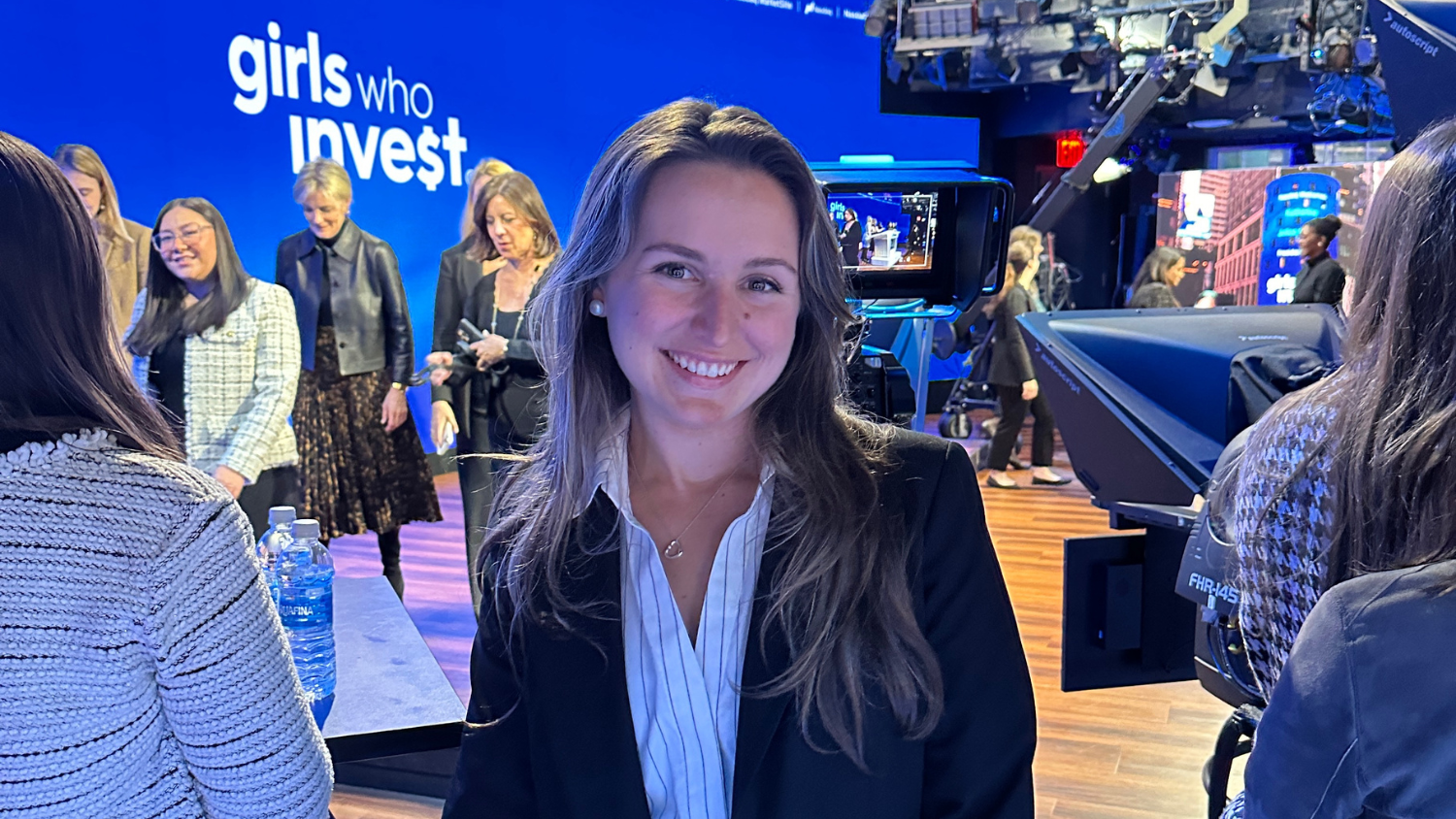An eight-year career in accounting and financial management serendipitously led Melissa Hart from corporate offices in Washington D.C. to the innovative core of the Research Triangle. Now, as a senior lecturer in finance at the Poole College of Management, she’s an inspiring example of what it means to keep the love of learning alive long after completing a formal education.
What were some highlights from your career in public accounting?
I’m the kind of person who enjoys variety in her work. Being a public accountant afforded me the opportunity to collaborate with a wide range of clients. There was always something new to learn or new networks to help build. When I moved to Raleigh, I joined a firm that focused on providing accounting and financial services to entrepreneurs in the area, which sparked my interest in the business management side of finance.
Back in D.C., most companies were already well-established. But at the turn of the century, in Raleigh and throughout the rest of the southeastern U.S., private businesses were going public, entrepreneurship was kicking off and technology innovation was just getting off the ground. I had the privilege of offering financial counsel to folks at the very beginning of their business journey. It was inspiring to be in a hub of people making novel ideas a reality.

What led to your career switch from industry to academia?
In 2005, I earned an MBA from NC State University and found myself at a crossroads in my career. One potential path was to return to industry with my new degree, perhaps landing a job at a major bank or financial firm. But after working with creative entrepreneurs for so long, I knew I couldn’t go back to a standard office job where my eyes spun from staring at spreadsheets all day. One of my mentors at the time suggested I try academia, and once I started teaching at Poole, I never looked back. Instead of waking up in the morning and thinking, “I have to go to work,” I find myself eager to discover what I can accomplish and learn alongside my colleagues and students.
What is the most rewarding part of teaching at Poole?
Whether I’m in the classroom or having dinner with my family, I think my most-used way to start a sentence is, “I was just reading an article about . . .” Poole has always been a welcoming space for me to pursue knowledge that may be outside my immediate field of expertise. For example, researching a question about mutual funds could lead me down an online rabbit trail to learn about behavioral and generational differences that influence how we invest our money. Finance is highly interdisciplinary, which keeps the field interesting for me.
It’s also incredibly fulfilling for me to hear from graduates about how my classes helped open their eyes to new career opportunities. Former students still send me articles, links and updates on where life has taken them since earning their degree. There is truly nothing more rewarding for a teacher than hearing how my students have used the knowledge they took away from my classes.

How would you describe your teaching style?
I never teach to the exam. It’s important to me that my students are well-equipped to take what they learn in my classes and apply it to their lived reality. I also believe in the power of storytelling in academia and take every opportunity to share personal examples from my time in industry to help my students resonate with often complicated concepts. My goal is to demonstrate why this material is both meaningful and applicable to situations they may encounter in their future.
What advice would you give students who are interested in pursuing a career in finance?
Stay curious about the world around you, dare to ask questions and always be willing to say “yes” to new experiences. I have former finance students who have landed roles in corporate financial analysis, sales, personal financial planning, private consulting and countless other areas. Many have even gone on to start their own business ventures. You never know where your academic and professional career will lead you, so keep your eyes open.
How do you spend your time outside of the classroom?
No matter where I go, I have a book under my arm or a podcast downloaded on my phone. One of my favorite books is “The Millionaire Next Door” by Thomas Stanley and William Danko. The authors uncover facts and myths about the lives of millionaires, like how most of them opt to drive more humble vehicles than we might expect. Alongside being a fascinating and fun read, the book also provides many examples I draw from during my lectures. I’m also a faithful listener of Kiplinger’s “Your Money’s Worth” podcast and a dedicated reader of The Wall Street Journal. At the end of the day, there’s so much of the world to explore, and I don’t want to miss it. I hope I can instill the same love for learning in my students and inspire them even a small fraction of how much they inspire me.
- Categories:



